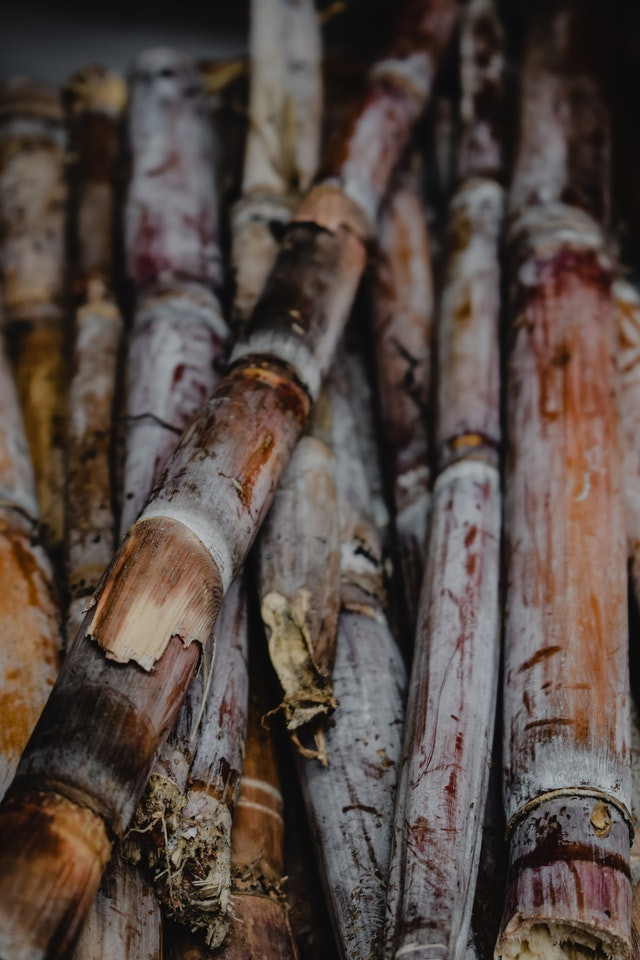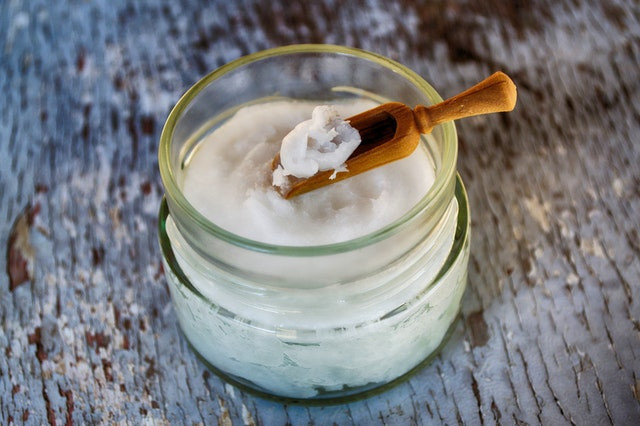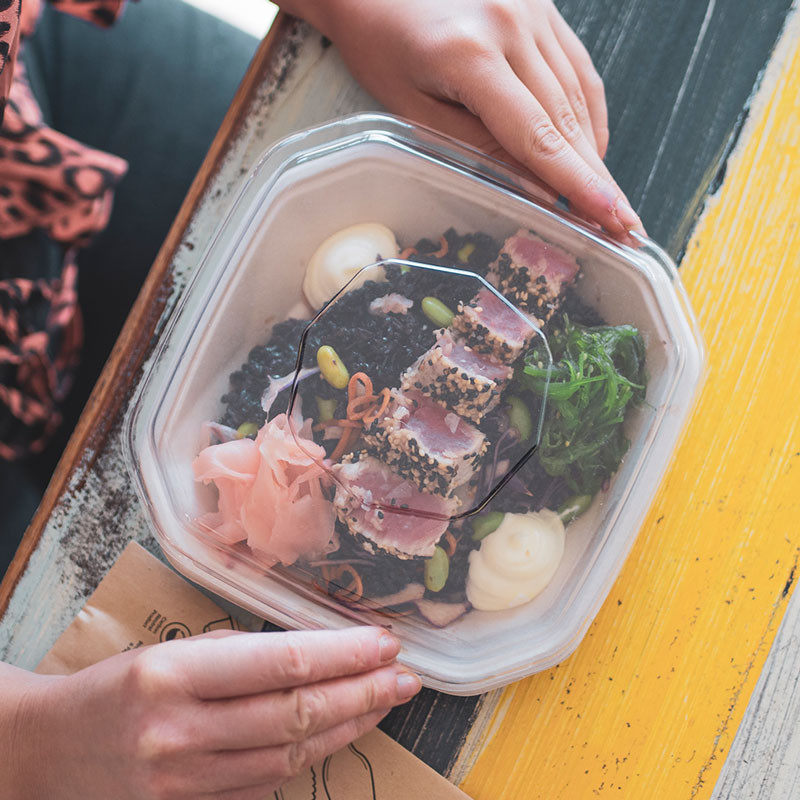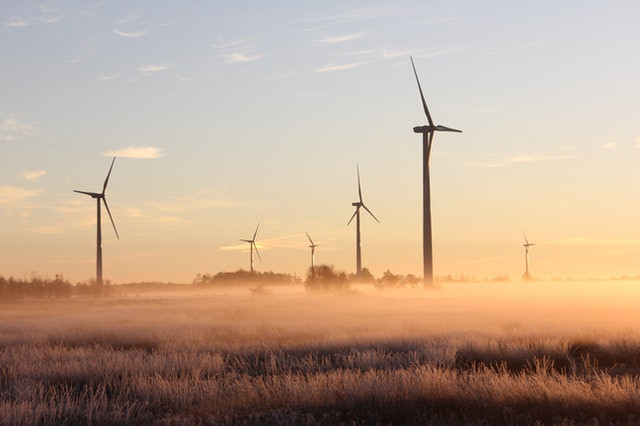13th Feb 2020
Sugarcane can be used to produce compostable bioplastics. BioPak produces bioplastics – biodegradable, compostable plastics made from plants. This form of plastic uses 70% less carbon in the production than traditional plastics, and if disposed of correctly they can be used for good, through composting that gives back to the soil that created them. But how are these plastics made – and is their quality really on par with that of traditional plast… Read more
10th Feb 2020
Strange question, yes? But it's one we've been hearing recently. It depends on your definition of 'organic'. You cannot eat plastic: and yet 'organic' is a term we've become accustomed to hearing in relation to food. However, plants are organic, and plastic is from plants. Or is it? Let's examine what 'organic' actually means.
'Organic' As A Marketing Term
The term 'organic' tends to give people a warm, fuzzy feeling. 'Organic' is a bit of a… Read more
7th Feb 2020
With the world's attention on the plastic crisis, businesses have a bigger role than ever to play in moving us forward to a sustainable future. In 2019, the world's attention was drawn ever more forcefully to environmental issues – most notably climate change, in lieu of the bushfires and the school strikes, and our recycling crisis, after China started refusing our waste. Consumers began to look more closely at their personal impacts, and the im… Read more
2nd Feb 2020
The foodservice industry, while often given a negative reputation, has some fast-developing positives. The conversation around the impacts humans are having on the environment – whether through climate change, plastic pollution, species extinction, or something else – is growing more urgent. We – as individuals and collectives – have the power to take positive action and, in fact, it is crucial that we do so. As individuals, we have the power to… Read more




